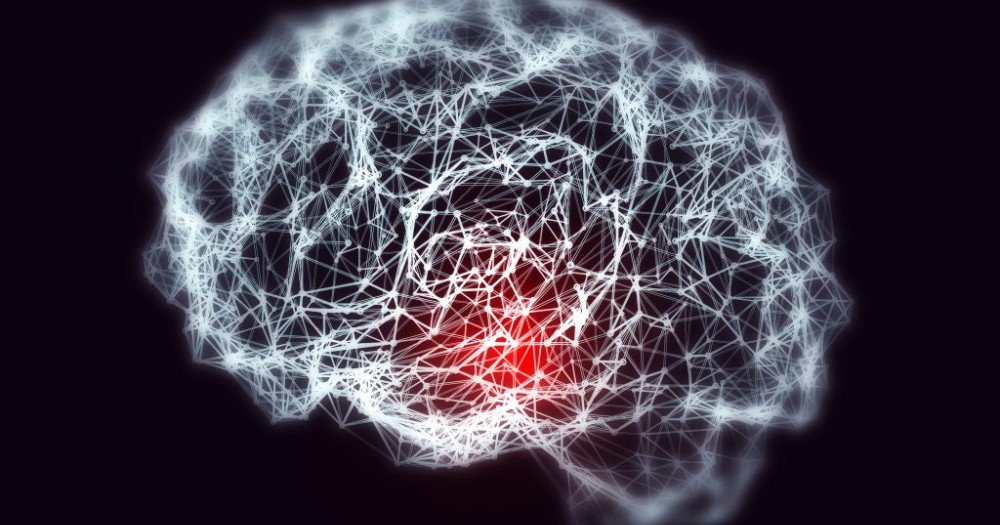Researchers develop an AI tool to for predicting Alzheimer’s progress

Researchers at the University of Cambridge have created an AI-based tool that significantly outperforms traditional clinical tests in predicting the progression of Alzheimer's disease. This innovation promises to enhance early detection and treatment, potentially transforming patient outcomes and reducing healthcare costs.
Alzheimer's disease, a devastating condition that affects millions worldwide, has long eluded accurate early diagnosis and timely intervention. This new approach marks a significant step forward in the fight against this debilitating disease.
How does it work?
The newly developed AI tool relies on data from cognitive tests and MRI scans to predict whether individuals with early signs of dementia will remain stable or progress to Alzheimer's disease.
The model — built using routinely collected, non-invasive data from over 400 individuals — was tested on an additional 600 participants from the US and longitudinal data from 900 patients in the UK and Singapore. It accurately distinguishes between stable mild cognitive impairment and progressive Alzheimer's, correctly identifying future Alzheimer's patients in 82% of cases and non-Alzheimer's patients in 81% of cases.
The algorithm leverages structural MRI scans to detect gray matter atrophy, a key indicator of Alzheimer's progression. By focusing on cognitive test results and MRI data, the tool bypasses the need for more invasive procedures like positron emission tomography (PET) scans or lumbar punctures. This makes it a more accessible and cost-effective solution for early diagnosis.
Why does it matter?
Early detection of Alzheimer's is critical, as treatments are most effective during the initial stages of the disease. Current diagnostic methods, such as PET scans or lumbar punctures, are invasive, expensive, and not widely available. In contrast, the AI tool offers a less invasive, cost-effective alternative that can reduce misdiagnosis rates and ensure timely intervention.
Professor Zoe Kourtzi from the University of Cambridge emphasizes, "This has the potential to significantly improve patient well-being, showing us which people need closest care, while removing the anxiety for those patients we predict will remain stable."
The ability to predict the rate of progression is equally important. The model stratifies patients into three groups based on their likely disease trajectory: those whose symptoms will remain stable, those who will progress slowly, and those who will progress rapidly. This stratification can guide healthcare providers in tailoring treatment plans and monitoring strategies, ensuring that resources are allocated effectively and patients receive the care they need at the right time.
Furthermore, as researchers continue to refine and expand this technology, it holds the promise of transforming dementia care and offering new hope to those affected by these devastating conditions.
The context
Dementia affects millions worldwide, with Alzheimer's being the most common form. Traditional diagnostic methods often fall short, leading to many patients being misdiagnosed or diagnosed too late. The AI model's ability to stratify patients into groups based on their likelihood of disease progression can help tailor treatments more effectively.
Dr. Ben Underwood, an honorary consultant psychiatrist, highlights the impact of this innovation: "The fact that we might be able to reduce this uncertainty with information we already have is exciting and is likely to become even more important as new treatments emerge."
Moreover, the research demonstrates the potential for this AI tool to be applied in real-world clinical settings. By validating the algorithm with data from memory clinics in the UK and Singapore, the researchers have shown that it can be effectively integrated into current healthcare practices. This means that patients worldwide could benefit from more accurate diagnoses and personalized treatment plans.
The researchers are now looking to expand this model to other forms of dementia, such as vascular and frontotemporal dementia, and integrate additional data types like blood test markers, further broadening its applicability and impact. Such advancements could revolutionize the way dementia is diagnosed and managed, offering hope to millions of patients and their families.
💡Did you know?
You can take your DHArab experience to the next level with our Premium Membership.👉 Click here to learn more
🛠️Featured tool
 Easy-Peasy
Easy-Peasy
An all-in-one AI tool offering the ability to build no-code AI Bots, create articles & social media posts, convert text into natural speech in 40+ languages, create and edit images, generate videos, and more.
👉 Click here to learn more


